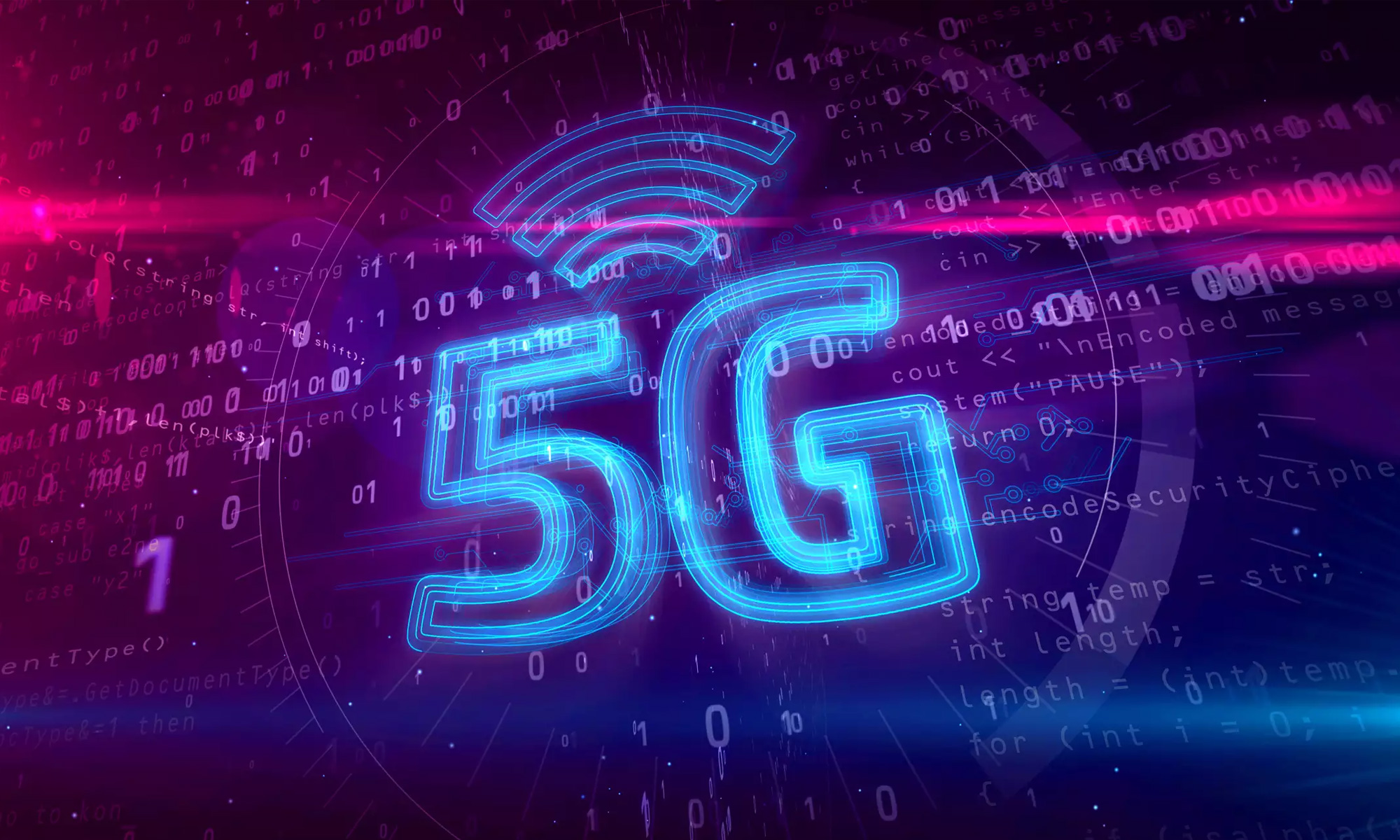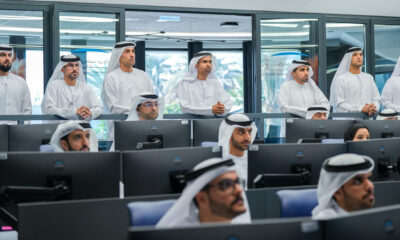News
5G In UAE: Etisalat & Ericsson Join Forces To Deploy 5G High-Band
Once deployed, the network should be able to provide fiber-like speeds over the air, delivering data speeds of 4.2 Gbps and latency of 8 milliseconds.

Soon, all owners of 5G-enabled devices will be able to enjoy increased speeds and lower latency because Etisalat, UAE-based multinational telecom services operator, has joined forces with Ericsson, Swedish multinational networking and telecommunications company, to deploy 5G in UAE through millimeter wave (mmWave) small cell networks.
Once deployed, the network should be able to provide fiber-like speeds over the air, delivering data speeds of 4.2 Gbps and latency of 8 milliseconds (ms). Because 5G networks can support a greater number of connected devices than 4G networks, UAE residents can look forward to problem-free internet access even in crowded places, such as malls and stadiums.
“Etisalat has always been at the forefront of the telecom industry, and we continuously work to provide our customers with the best possible digital experience,” said Haitham AbdulRazzak, Chief Technology Officer at Etisalat.
“We look forward to supporting Etisalat in harnessing the opportunities that new technologies like 5G can present for the people of the UAE,” added Ekow Nelson, Vice President and Head of Global Customer Unit Etisalat at Ericsson MENA, in the official press release.
5G technology is positioned to become a key enabler of the UAE Vision 2021, which was launched by H.H. Sheikh Mohammed bin Rashid Al Maktoum, to transition the country to a knowledge-based economy, promoting innovation and research and development.
Also Read: How To Check Postpaid Balance In Etisalat
All businesses that depend on reliable, secure, and fast internet connectivity will be able to reap its benefits to support remote workers, implement innovative Internet of Things solutions, and deliver immersive experiences to their customers.
5G connectivity additionally paves the way for smart cities, which can be imagined as pulsing digital ecosystems where countless sensors collect data to manage resources and infrastructure more efficiently. 5G will hopefully take the United Arab Emirates to another level of connectivity and innovation.
News
Alienware Just Announced Six New Gaming Monitors
The new models include three QD-OLED and three budget-friendly QHD options, expanding the company’s lineup for all gamers.

Alienware has just updated its gaming monitor lineup with six new additions, including the highly anticipated Alienware 27 4K QD-OLED Monitor. The latest wave of releases is set to reach more gamers than ever, offering high-end QD-OLED displays alongside more budget-friendly options.
The latest displays clearly show that the company is doubling down on QD-OLED with three new models sporting the technology. A redesigned Alienware 34 Ultra-Wide QD-OLED Monitor is also making a return, further refining what is already a fan-favorite display.
A Unified Design: The AW30 Aesthetic
All six monitors feature Alienware’s new AW30 design language, first introduced at CES. The AW30 aesthetic brings a futuristic, minimalist look that unites the entire lineup under a cohesive visual identity.
Pushing QD-OLED Even Further
The refreshed Alienware 34 Ultra-Wide QD-OLED Monitor (AW3425DW) builds on its predecessor’s success with a 240Hz refresh rate (up from 175Hz) and HDMI 2.1 FRL support. It also gains G-SYNC Compatible certification alongside AMD FreeSync Premium Pro and VESA AdaptiveSync, ensuring ultra-smooth performance. With a WQHD (3440×1440) resolution and an 1800R curve, this display enhances immersion for both gaming and cinematic experiences.
For those who crave speed, the Alienware 27 280Hz QD-OLED Monitor (AW2725D) pairs a high refresh rate with QHD resolution, balancing sharp visuals with ultra-smooth gameplay. Meanwhile, the Alienware 27 4K QD-OLED Monitor (AW2725Q) delivers stunning clarity with an industry-leading pixel density of 166 PPI, making it the sharpest OLED or QD-OLED monitor available.
Also Read: Infinite Reality Acquires Napster In $207 Million Deal
Worried about OLED burn-in? Alienware’s entire QD-OLED lineup comes with a three-year limited warranty covering burn-in concerns, offering peace of mind for gamers investing in these high-end displays.
Bringing QHD To A Wider Audience
Alongside QD-OLED, Alienware is also releasing three new QHD gaming monitors aimed at more price-conscious gamers. The Alienware 34 Gaming Monitor (AW3425DWM), Alienware 32 Gaming Monitor (AW3225DM), and Alienware 27 Gaming Monitor (AW2725DM) provide a range of sizes and formats to suit different preferences:
- The Alienware 34 Gaming Monitor (AW3425DWM): An ultrawide (WQHD) option for a panoramic, immersive experience.
- The Alienware 32 Gaming Monitor (AW3225DM): A standard 16:9 panel for a traditional but expansive desktop setup.
- The Alienware 27 Gaming Monitor (AW2725DM): A 27” display offering the same performance in a more compact form factor.
All three gaming monitors feature a fast 180 Hz refresh rate, a 1ms gray-to-gray response time, and support for NVIDIA G-SYNC, AMD FreeSync, and VESA AdaptiveSync to eliminate screen tearing. Additionally, with 95% DCI-P3 color coverage and VESA DisplayHDR400 certification, these displays deliver vibrant colors and high dynamic range for lifelike visuals.



























